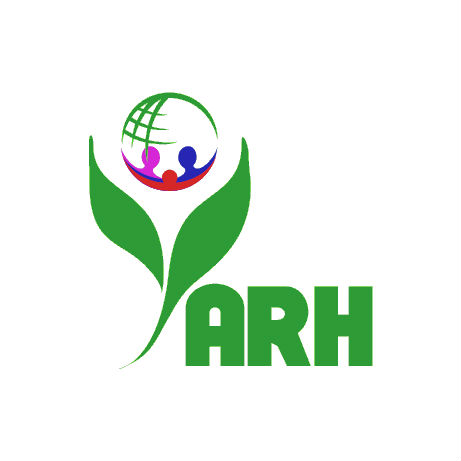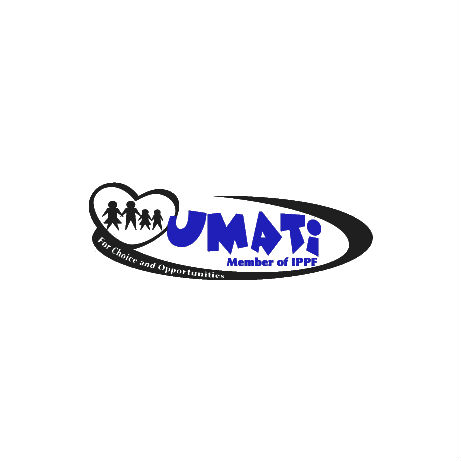

| 31 March 2016
Yemeni Association for Reproductive Health
Established in June 2009 as a not-for-profit voluntary non-governmental organization, the Yemeni Association for Reproductive Health (YARH) is registered with the Ministry of Social Affairs. YARH became an IPPF Member Association in 2010. Through 2 clinics and 1 youth-friendly service centre, the Member Association provides quality services to the people of Yemen. It has 72 volunteers and staff working on HIV and AIDS issues, and on the promotion of awareness amongst young people to empower them to make informed decisions concerning their sexual and reproductive health (SRH). YARH plays a key role in building strategic partnerships with other organisations concerned with young people's programmes in Yemen, and involves the young in identifying, articulating, implementing, monitoring and evaluating youth-friendly projects. YARH is a powerful advocate for political support for sexual and reproductive health and rights (SRHR). Critical partnerships include the Ministry of Public Health (Department of Reproductive Health, National AIDS programme, General Directorate for Women's and Child's Health); the Ministry of Youth and Sports (Scouts, guides, and Sport Clubs); San'a University; the Population Research and Studies Centre; local NGOs active in population and reproductive health; private universities (Science and Technology Colleague); and human rights, women and gender organizations (including the Women's National Committee and the National Information Centre). Visit YARH's Facebook page: https://www.facebook.com/Yemeni-Association-for-Reproductive-Health

| 31 March 2016
Uzazi na Malezi Bora Tanzania
Chama cha Uzazi na Malezi Bora Tanzania (UMATI) UMATI (Chama cha Uzazi na Malezi Bora Tanzania (UMATI) was established in 1959 and became a full IPPF Member Association in 1973. Since then, it has developed a comprehensive range of sexual and reproductive health (SRH) services for the Tanzanian people. UMATI operates 33 services points which include 13 permanent clinics and 19 community-based distributors/community-based services (CBDs/CBSs). UMATI’s services are maintained and delivered by 120 permanent staff, 120 peer educators and a youth action movement membership of 250. UMATI also runs an extensive programme of home-based care and support for people living with HIV and AIDS (PLWHA). Voluntary counselling and testing (VCT) is a central part of UMATI’s HIV and AIDS prevention and treatment work. The organization is also highly active in promoting screening services and providing infertility diagnosis and counselling. UMATI collaborates closely with and/or receives funding from the Ministry of Health and non-governmental organizations (NGOs) such as Youth Incentives, AMREF, the Japanese Organization for International Cooperation in Family Planning (JOICFP), GTZ, SIDA, Youth Incentives and AMREF. Website: www.umati.or.tz







